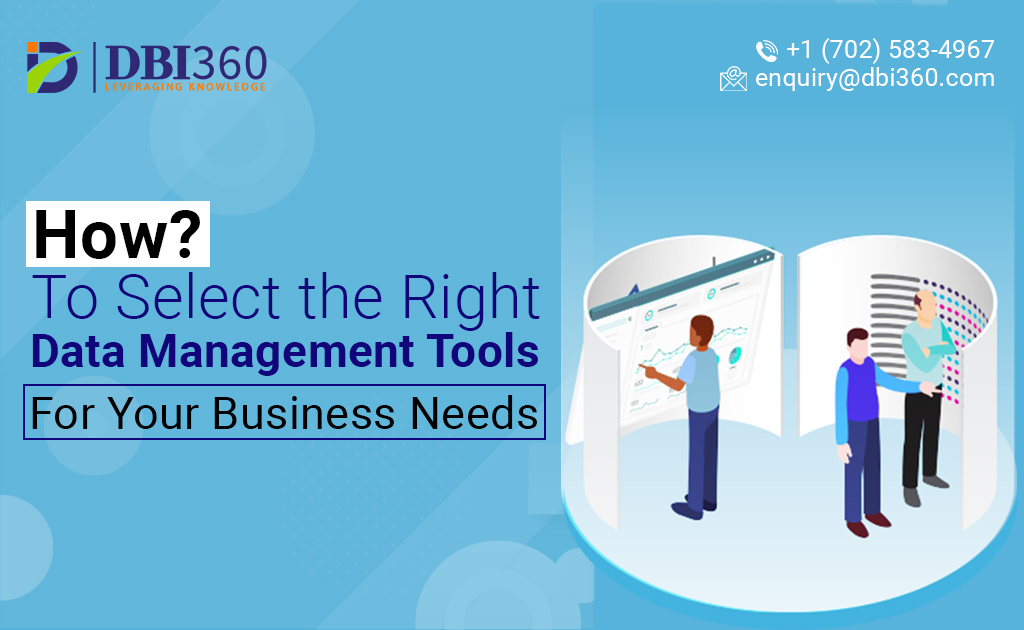As businesses continue to generate and collect vast amounts of data, effective data management has become crucial for staying competitive and making informed decisions. However, selecting the right data management tools can be challenging, given the vast array of available options.
Here are some tips for selecting the right data management tools for your business needs:
-
Evaluate your data management needs. Before selecting data management tools, evaluating your data management needs is essential. Consider the types of data you collect, how it’s stored, and who needs access to it. Identify any challenges or pain points in your current data management process and determine what features and functionalities would address those challenges.
-
Consider scalability and flexibility. When selecting data management tools, consider your business’s growth trajectory and ensure that your chosen tools can scale up or down as needed. Additionally, select flexible tools to integrate with other tools and technologies you use and adapt to changing business needs.
-
Look for user-friendly tools. The usability of data management is critical, as they will be used by a wide range of employees with varying levels of technical expertise. Look for tools that have intuitive interfaces, clear documentation, and robust customer support to help employees.
-
Prioritize data security and compliance. Data security and compliance are critical concerns in today’s business environment. When selecting data management tools, prioritize those with robust security features, including encryption, access controls, and data backup and recovery. Additionally, ensure that the tools comply with relevant regulations and standards. uch as GDPR or HIPAA, to avoid potential legal or reputational issues.
-
Consider the total cost of ownership. While cost is undoubtedly a factor when selecting data management, it’s essential to consider the total cost of ownership over the tool’s lifetime. This includes the upfront costs and ongoing maintenance and support costs. Additionally, consider the potential costs of data breaches or non-compliance. Which can far outweigh the cost of investing in robust data management.
In conclusion
Selecting the right data management tools for your business needs is crucial for effectively managing and leveraging your data. By evaluating your data management needs, considering scalability and flexibility, prioritizing user-friendliness, prioritizing data security and compliance, and considering the total cost of ownership. You can identify the tools that will provide the most value for your business.
With the right data management tools, your business can gain a competitive advantage by making informed decisions based on accurate and reliable data.

